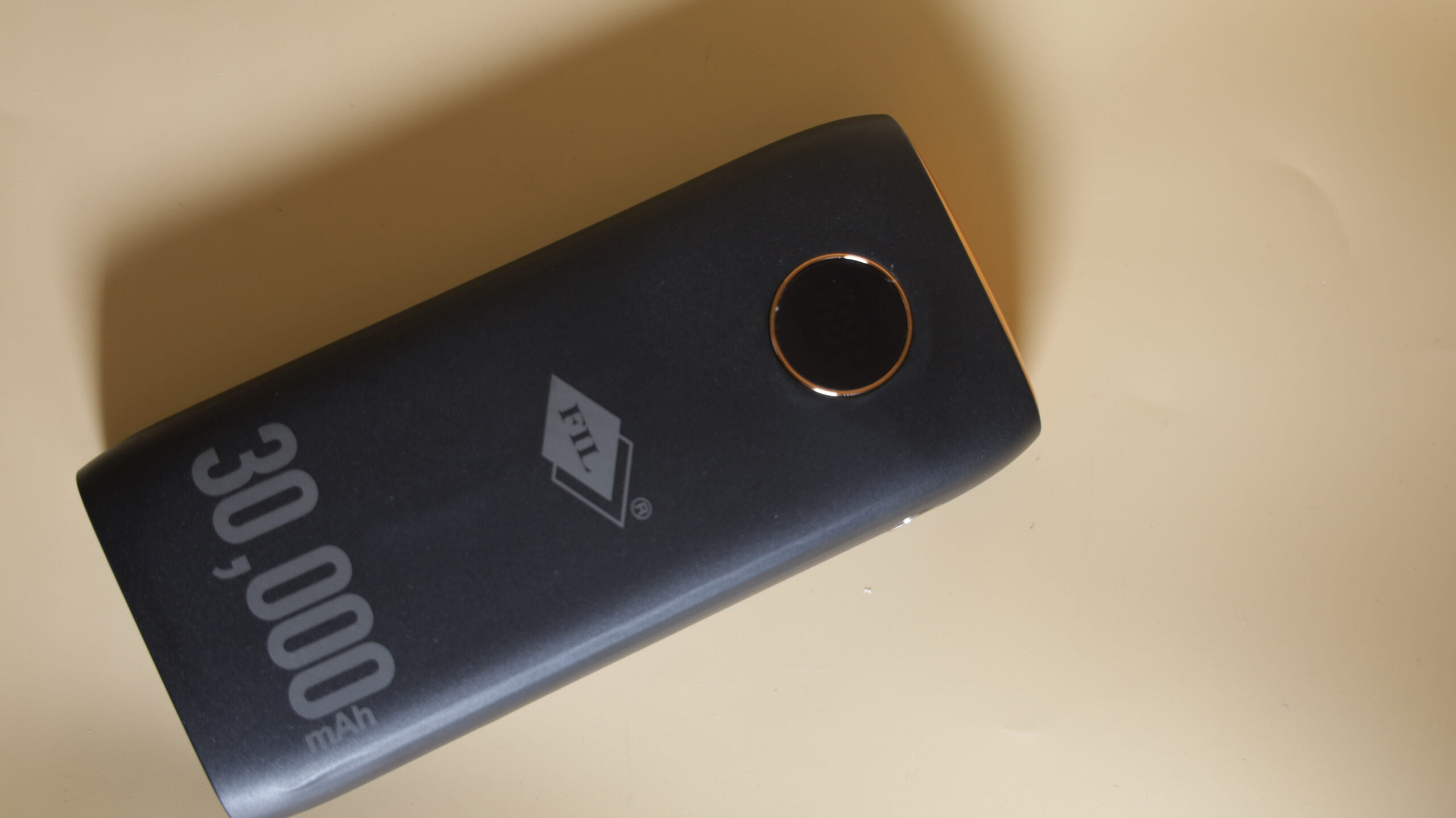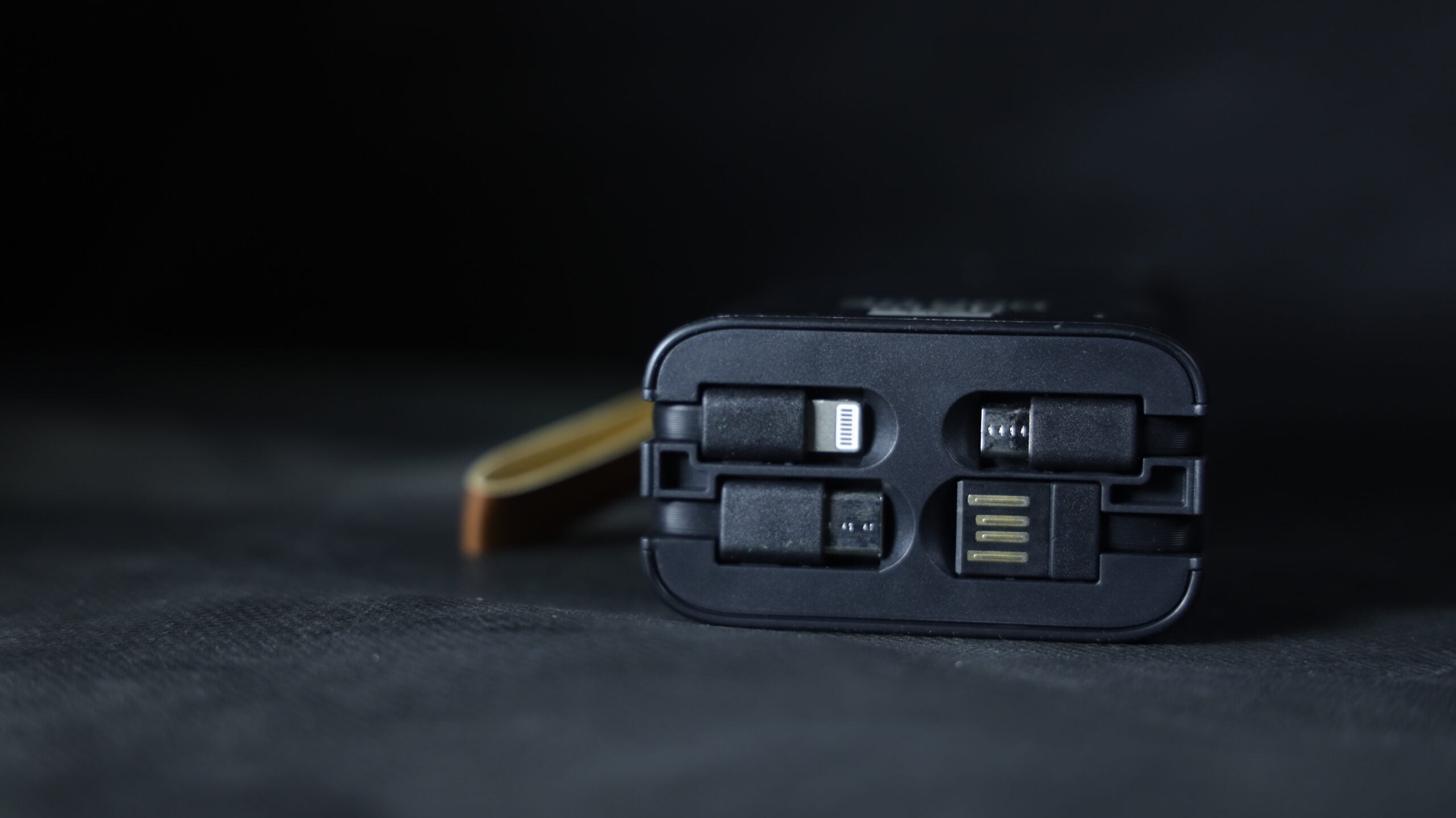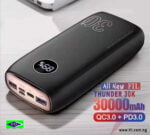
Most of the power banks available in the market consist of two types. One consists of Lithium-ions cells, while the other contains Lithium-Polymer cells.
Lithium-ion cell power banks have a higher energy density and are cheaper than the other. However, power banks containing Lithium-ion cells lose their charging capacity over the duration they are used and are bulkier.
On the other hand, power banks with Lithium-Polymer are expensive, but they are safer, and unlike Lithium-ion, they don’t lose their actual charging capacity with time. They also take less time to charge.
Further, they are divided into three broad categories:
- Universal Power Bank
The most common ones, universal power banks come in various sizes and output variations and give the end consumer a wide range to choose the best one according to their requirements.
- Solar Charged Power Bank
These power banks contain photovoltaic panels which are charged through sunlight. This is then converted and used to charge electronic devices.
Although it’s an environmentally friendly device, it tends to take a lot of time to charge, and that too is limited to availability of enough sunlight.
- Battery Phone Case
These are compact and easiest to carry along. However, they have a very low variety available in term of devices.
So the next time you are considering buying a power bank, choose one based on the type which is more suitable for your requirements.
How To Choose The Best Power Bank For Your Phone:
There are some factors to consider before buying a power bank, include:
- Capacity:
The capacity a power bank should always be more than the capacity your phone requires. For example, a 2200 mAh wouldn’t be able to fully charge a phone with a requirement of 3000 mAh. Likewise, a power bank with 6000 mAh would be able to charge your phone fully two times.
- The Number Of Outputs:
Some power banks have 1 output outlet; some have 2, and so on. Choosing one depends on how many devices you would need to charge at the same time.
- Output Specification:
How much output your phone needs should also synchronize with the output the power bank gives out. Ideally, the standard output should be 5V for phones. Any more, and it would damage the phone.
Advantages Of A Power Bank:
The main benefit of power bank is that they are great for charging phones on the go, or when there is no electricity available.
Aside from that, most power banks come with a large capacity, which makes them handy for charging your phone multiple times, without recharging it. And when the battery of the power bank does drain, they can be easily charged through laptops, car chargers, and wall sockets, whichever is more convenient.
Disadvantages Of A Power Bank:
Power banks come with their own share of disadvantages as well. Many of the power banks available are either bulky or expensive. Apart from that, they do require to be charged when their battery drains, and if their capacity is lower, then they drain faster.
They also impact the battery of a phone in some instances, as mentioned below.

Impact On Battery:
While it’s extremely rare for a power bank to damage the battery of a phone, there are some instances where it might happen. Here are some cases where you might be damaging your phone’s battery with your power bank, and how to fix them:
- You Are Using A Bad Quality Power Bank
Quality is very important when choosing a power bank. A bad quality power bank can damage your phone’s battery, as well as your phone’s charging port. It can also create some security risks. For example, overcharging a bad quality Lithium-ion power bank can cause the power bank to explode.
- Your Power Bank Has The Wrong Voltage
Having the wrong voltage in your power bank will lead to problems. The ideal voltage to charge a phone is 5V. If any power bank gives a voltage of 4.2V or less, it will drain your battery instead of charging it.
Any voltage output greater than 5V will extensively damage your phone’s circuits by overloading it more than it can handle.
- You Are Overcharging:
Power banks should essentially be used sparingly. Using power banks to constantly keep your phone at 100% charge will over time damage the battery, which will lead to your phone not being able to retain its charge for long.
To avoid these problems, avoid using your power bank to overcharge your phone. Use it for emergencies, and even when you do use it avoid charging your phone up to 100%.


